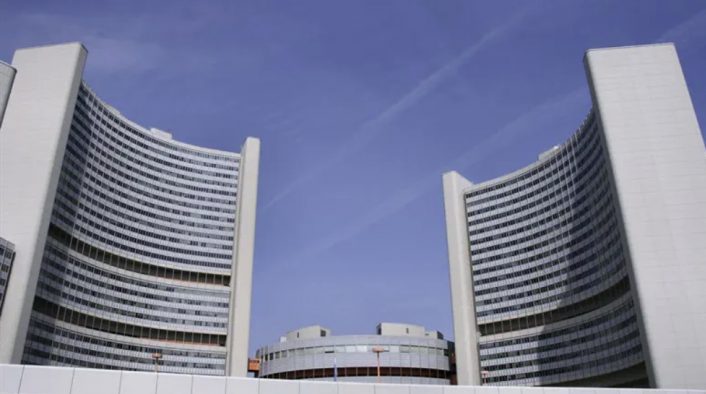Civil Administration halts Palestinian destruction of ancient Israelite capital, restoring Jewish heritage despite regional hostility.
Israel advanced a sweeping heritage initiative on Thursday as the Civil Administration officially began temporary expropriation of 1.8 million square meters surrounding the ancient Sebastia archaeological complex in Samaria. The move is designed to expand excavations, restore damaged antiquities, and build long-term infrastructure to safeguard one of the most historically significant sites in the Land of Israel.
Located in Area C, the expropriated sections were seized only after authorities determined that both private landowners and the Palestinian Authority had severely neglected the site, allowing large-scale damage to priceless artifacts. Official notices were delivered as required by law, and control of the area will now be transferred to the Civil Administration’s Archaeology Unit.
This bold step forms part of a NIS 32 million national heritage project led by Israel’s Heritage Ministry, aimed at upgrading access routes, expanding archaeological digs, and restoring layers of ancient history that illuminate Israel’s biblical past.
Sebastia: A Pillar of Jewish History
Sebastia—ancient Samaria—is one of the most important archaeological sites in Judea and Samaria. It served as the capital of the northern Kingdom of Israel during the reigns of King Omri and King Ahab, and contains:
- A royal palace from the early Israelite monarchy
- Rare Hebrew inscriptions
- A fully preserved Roman theater
- A monumental colonnaded street
- The remains of the Temple of Augustus
- Deep multi-era settlement layers attracting global scholars
These finds together form a living testimony to thousands of years of Jewish presence in the region—one that Palestinian officials have repeatedly attempted to erase through neglect, vandalism, and political denial.
A Revival After a Decade of Inaction
For the first time in ten years, Israel’s Archaeology Unit is conducting major restoration and exposure work, including:
- Uncovering new sections of the Hellenistic–Roman colonnaded street
- Restoring ancient stone pavements
- Re-mapping column bases near the ancient city gate
Civil Administration archaeology officer Binyamin Har-Even emphasized the urgency and importance of the project:
“Sebastia is one of the most important archaeological sites in Judea and Samaria. The expropriation allows us to protect the remains, repair damage, and make the site accessible to future generations. We will continue to safeguard our national heritage assets.”
Preserving Israel’s History Against Neglect and Hostility
As regional actors continue to deny Jewish historical rights and claim the land without preserving its heritage, Israel’s move underscores its commitment to protecting authentic, millennia-old Jewish history from neglect and political manipulation.
This expropriation is more than a bureaucratic step—it is Israel reclaiming responsibility for its ancient capital and ensuring that the truth of Judea and Samaria’s past remains visible, preserved, and accessible.





